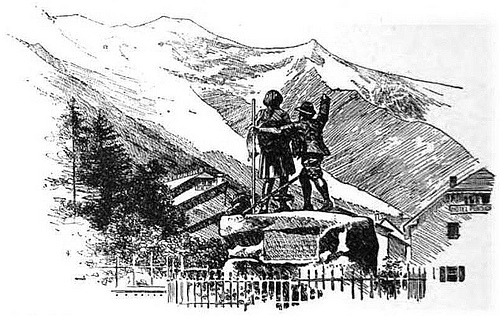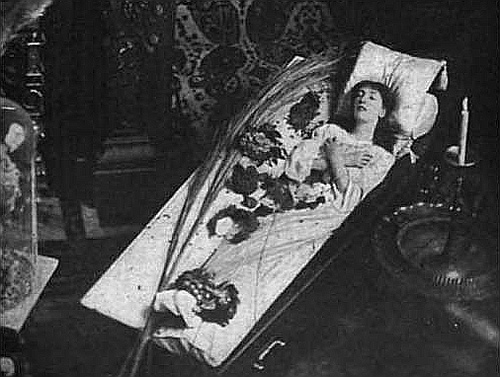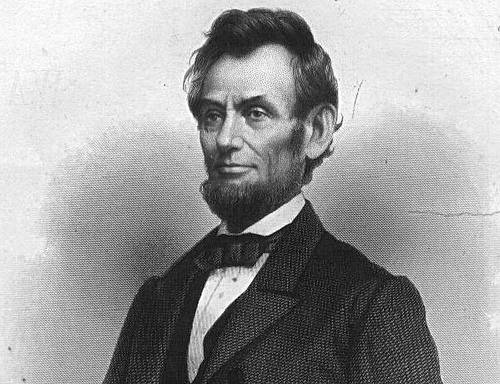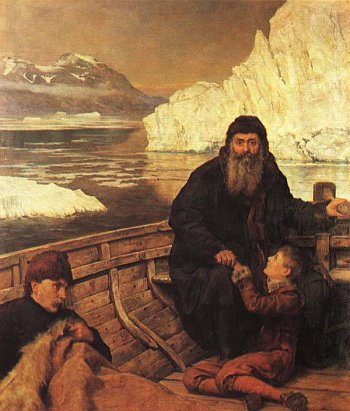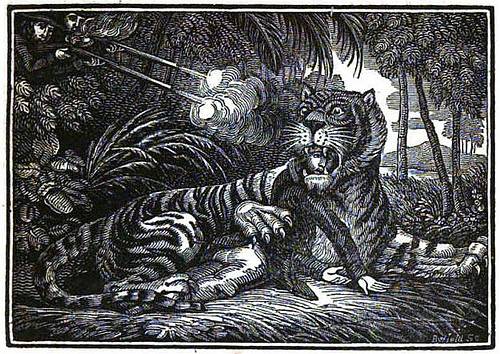
Tiger attack, Saugur Island, off Calcutta, Dec. 23, 1792, recounted by a witness in The Terrific Register, 1825:
I had just laid hold of [my gun], when I heard a roar like thunder, and saw an immense royal tyger spring on the unfortunate Munro, who was sitting down; in a moment his head was in the beast’s mouth, and he rushed into the jungle with him with as much ease as I could lift a kitten, tearing him through the thickest bushes and trees — every thing yielding to his monstrous strength. The agonies of horror, regret, and I must say fear, (for there were two tygers, a male and female), rushed on me at once; the only effort I could make was to fire at him, though the poor youth was still in his mouth. I relied partly on Providence, partly on my own aim, and fired a musket. I saw the tyger stagger and agitated, and I cried out so immediately; Mr. Downey then fired two shots, and I one more. We retired from the jungle, and a few minutes after, Mr. Munro came up to us, all over blood, and fell; we took him on our backs to the boat, and got every medical assistance for him from the Valentine Indiaman, which lay at anchor near the island, but in vain. He lived twenty-four hours in the extreme of torture: his head and scull were all torn and broken to pieces, and he was wounded by the beast’s claws all over his neck and shoulders: but it was better to take him away, though irrecoverable, than leave him to be devoured limb by limb. We have just read the funeral service over his body, and committed it to the deep. He was an amiable and promising youth.
“The beast was about four feet and a half high, and nine long. His head appeared as large as an ox’s, his eyes darting fire, and his roar, when he first seized his prey, will never be out of my recollection. We had scarcely pushed our boat from that cursed shore, when the tygress made her appearance, raging mad almost, and remained on the sand as long as the distance would allow me to see her.”
